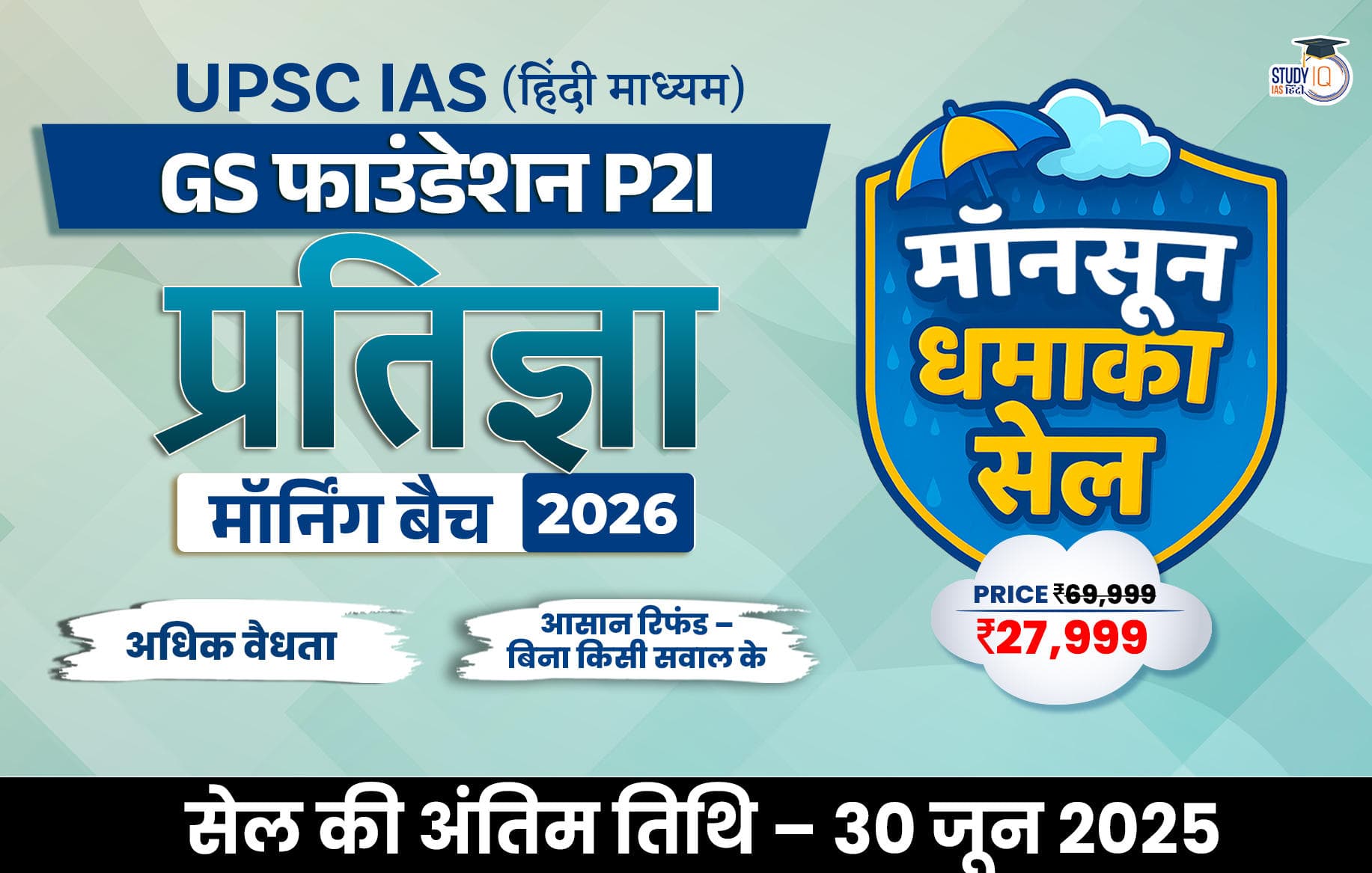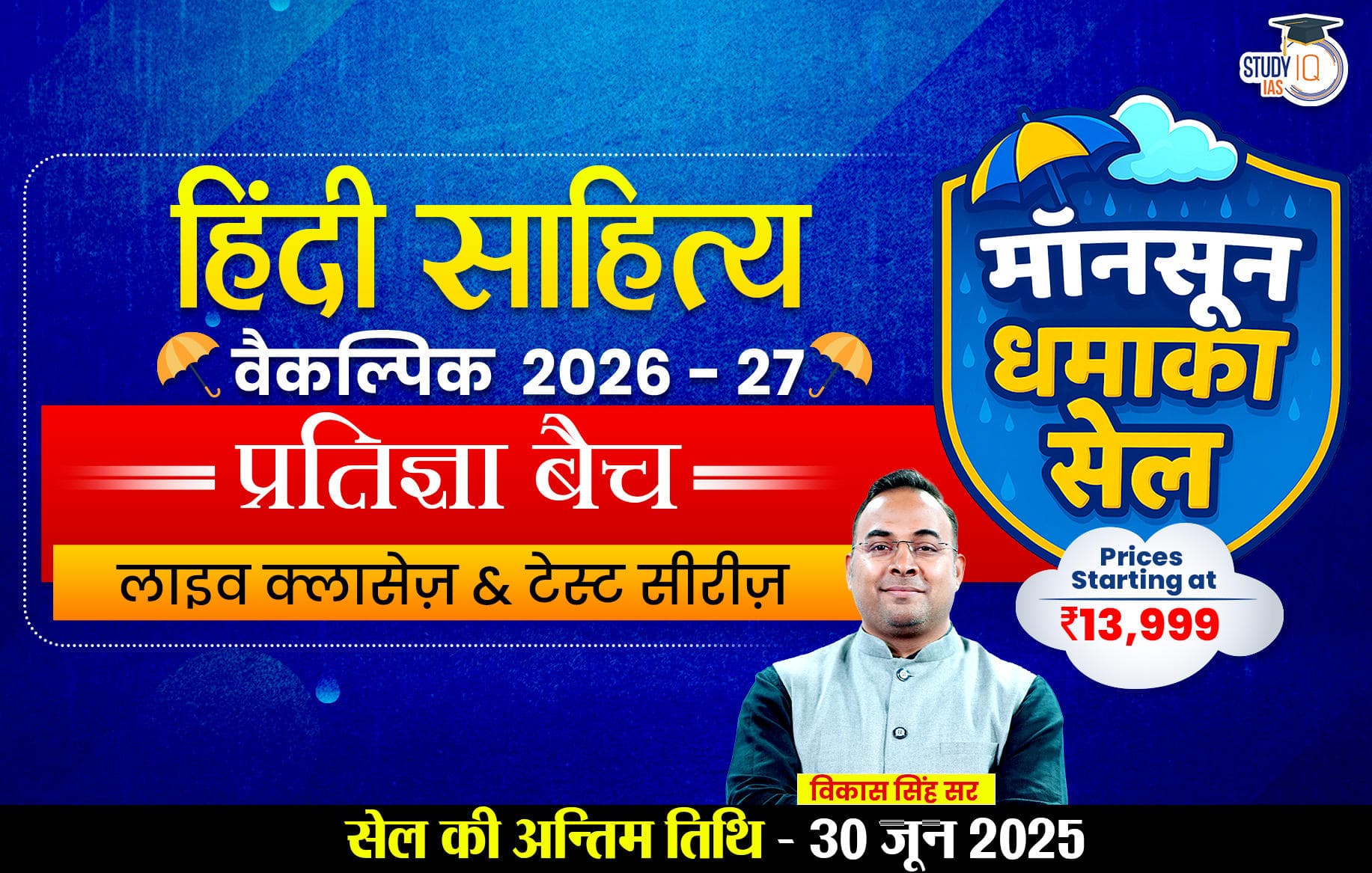Table of Contents
Article 370 was a provision in the Indian Constitution granting special autonomous status to the state of Jammu and Kashmir. Drafted in 1949, it was added to accommodate the unique circumstances of Jammu and Kashmir’s accession to India. It allowed the state to have its own constitution, autonomy over internal matters, and limited application of Indian laws. The article restricted the Indian Parliament’s legislative powers in the state, requiring Jammu and Kashmir’s own legislature’s consent for decisions outside defense, foreign affairs, finance, and communications.
New Jammu and Kashmir Assembly Begins with Uproar Over Article 370 Resolution
The first session of Jammu and Kashmir’s newly elected Assembly began with uproar as PDP leader Waheed Para introduced a resolution to restore Article 370, aiming to reinstate the region’s special status revoked in 2019. BJP members opposed the move, calling for its dismissal.
PDP leader Mehbooba Mufti praised Para, while Chief Minister Omar Abdullah criticized the resolution as a publicity act, stating that meaningful discussions would have involved collaboration with his National Conference (NC). The Congress-NC alliance holds 49 seats, with Abdullah sworn in as Chief Minister on September 16. The session runs until November 8.
Supreme Court Verdict on Article 370: Latest Update
On December 11, 2023, the Supreme Court of India made a historic decision, unanimously supporting the central government’s removal of Article 370 from the Constitution, which had taken place on August 5, 2019. The ruling was issued by a five-judge bench led by Chief Justice D.Y. Chandrachud. The bench dismissed all petitions challenging the government’s action, finding that it was within the ambit of the Constitution and did not violate Fundamental Rights.
The verdict has sparked mixed reactions, with supporters of the government praising it as a landmark decision that will bring development and stability to Jammu and Kashmir, while critics have expressed concerns about the potential for increased violence and human rights abuses in the region.
Pakistan’s Reaction to the SC verdict on Article 370
In response to the Supreme Court of India’s verdict upholding the abrogation of Article 370, Pakistan said it has “no legal value.” They maintained that international law does not recognize New Delhi’s “unilateral and illegal actions” taken on August 5, 2019.
Background of Abrogation of Article 370
On August 5th and 6th, 2019, over two days, the Union government repealed Article 370, revoking Jammu and Kashmir’s special status. Article 370 of the Indian constitution gave special status to Jammu and Kashmir, a region located in the northern part of the Indian subcontinent and part of the larger region of Kashmir which has been the subject of a Dispute between India and Pakistan since 1947. From 17 November 1952 to 31 October 2019, India governed Jammu and Kashmir as a state, and Article 370 granted it the authority to establish a separate constitution, a state flag, and internal administrative autonomy.
What is Article 370?
Article 370 of the Constitution of India was a temporary provision that provided special status to the State of Jammu and Kashmir. It was temporary in the sense that the Constituent Assembly of Jammu and Kashmir had the right to modify, delete, or retain it, and it was considered to be temporary only until a plebiscite was held to ascertain public opinion.
- The autonomy of the State has been given by Article 370 of the Constitution.
- The temporary provision of this Article is derived from Part XXI of the Constitution under the title “Temporary, Transitional and Special provisions” which grants special status to the State of Jammu and Kashmir.
- This article was inserted in the Indian Constitution on October 17th 1949.
History Behind Article 370
- After Maharaja Hari Singh, the ruler of the princely state of Jammu and Kashmir, signed the Instrument of Accession on October 26, 1947, the state became a part of the Dominion of India.
- Article 370 of the Indian Constitution states that J&K is covered only by Articles 1 and 370.
- The President, in consultation with the state government, was to decide on the application of Other Articles.
- The Constitution Order of 1950 outlined the themes on which the Union Parliament would have the authority to adopt legislation for Jammu & Kashmir by the Instrument of Accession; 38 topics from the Union List were included.
- The Instrument of Accession, which Maharaja Hari Singh, the former monarch of J&K, signed in 1947, gave rise to Article 370.
- Jammu and Kashmir were exempted from the Indian constitution by Article 370 of the Indian constitution, which was enacted on October 17, 1949, as a “temporary clause,” allowing the state to create its constitution and restricting the legislative authority of the Indian Parliament in the territory.
- In the draught constitution, it was proposed as Article 306A by Sir Narasimha Gopalaswami Ayyangar.
- The Jammu and Kashmir Constituent Assembly was dissolved after creating the state constitution, and on January 25, 1957, it did so without endorsing either the abrogation or revision of Article 370, leaving the clause’s status in doubt.
Purpose of Article 370
Article 370 of the Indian Constitution gave special status to Jammu and Kashmir, allowing it to have its own constitution, state flag, and some autonomy in governance. The article was meant to provide a temporary arrangement until the state’s constituent assembly decided how much of the Indian Constitution would apply to Jammu and Kashmir. The assembly could recommend ending Article 370, but it dissolved itself without doing so, making the article a permanent part of the Constitution.
Features of Article 370 of Indian Constitution
- Article 370 gave special autonomy to Jammu and Kashmir (J&K), allowing it to have its own constitution, laws, and flag.
- It limited the Indian Parliament’s powers in J&K to defence, foreign affairs, finance, and communications unless the state’s Constituent Assembly agreed otherwise.
- J&K could decide on most matters independently, rejecting any central laws it didn’t want.
- The President could declare an emergency in J&K only during war or external threats, not for internal issues.
- Changes to Article 370 required the consent of the state government.
Article 35A and Article 370 of Indian Constitution
Article 35A, linked to Article 370, was unique because it was only listed in Appendix I of the Constitution. Until August 2019, both articles granted special status and rights to Jammu and Kashmir (J&K).
Sheikh Abdullah, with support from Jawahar Lal Nehru and Maharaja Hari Singh, drafted the article. On August 5, 2019, Union Home Minister Amit Shah announced the Constitution (Application to Jammu & Kashmir) Order, which stated that J&K must follow all Indian Constitution articles, leading to the suspension of J&K’s own constitution. The state’s Ranbir Penal Code was also replaced with the Indian Penal Code (IPC) in 1860.
This amendment was made under Clause 3 of Article 370, bypassing the usual process outlined in Article 368 of the Constitution.
Article 35A
INTRODUCTION
Article 35 A is a special provision in the Indian Constitution for Jammu and Kashmir (J&K). It allows the state to define “permanent residents” and grant them unique rights and privileges. Though it’s part of the Constitution, it does not appear in the main text but is included in an appendix. This article was established through a Presidential Order in 1954 and was designed to uphold laws from the time of Maharaja Hari Singh that defined state subjects and their rights.
BACKGROUND
- 1927-1932 Notifications: Maharaja Hari Singh defined state subjects and their rights.
- Accession to India: After Independence, J&K joined India in 1947.
- 1952 Delhi Agreement: This agreement between Sheikh Abdullah and Jawaharlal Nehru led to special status for J&K through Article 370, with Article 35A as an extension.
- Constitution of J&K (1956): This retained the definition of permanent residents and their rights.
PROVISIONS OF ARTICLE 35A
Defines “permanent residents” and grants them special rights in employment, property acquisition, and settlement in J&K. Allows the state to enact laws that may restrict non-residents from accessing these rights. Changes or modifications to this article require the state’s consent. Article 35A is currently debated due to its exclusion from the standard amendment process of the Constitution. A petition challenging its validity was filed in 2014, claiming it wasn’t properly added. There are also concerns about gender discrimination in its application, particularly affecting women who marry outside J&K.
GOVERNMENT POSITIONS
- The Central Government views the issue as procedural and not substantive, emphasizing respect for J&K’s sentiments.
- The J&K Government seeks to uphold Article 35A, arguing for its constitutional legitimacy.
RECENT DEVELOPMENTS - The Supreme Court has postponed hearings on this issue to allow for further discussions among stakeholders in J&K.
Removal of Article 370
In accordance with the authority afforded by Clause (1) of Article 370 of the Indian Constitution, the President of India issued the Constitution (Implementation to Jammu and Kashmir) Order, 2019 on August 5, 2019, repealing the special status previously accorded to Jammu and Kashmir.
Jammu and Kashmir no longer has its own constitution, flag, or anthem, and its population no longer has dual citizenship as a result of the repeal of Article 370. Jammu and Kashmir now abide by all legislative amendments made by the parliament, including the Right to Information Act and the Right to Education Act.
Now that Article 370 has been abolished, Jammu & Kashmir is fully covered by the Indian Constitution and all 890 Central legislation. Jammu and Kashmir was seen as being a part of India in both letter and spirit after Article 370 was repealed. The Indian Constitution’s Article 370 was viewed as a temporary and ineffective provision that needed to be repealed.
Advantages of Article 370
Better relationship with Indians and Kashmir Population
- Article 370’s elimination helps the people of Kashmir since it allows them to join the rest of India.
- Both they and Indians have the right to be a part of Kashmir.
- They are able to apply for scholarships for school.
- There is government employment available for them in Kashmir.
One Nation and One Flag
- India as a whole is now gathered.
- There is no distinct constitution for Indians and Kashmiris.
- Everyone will adhere to the motto “one nation, one constitution”.
Boost to Economic Development
- After Article 370 is repealed, Kashmiris can work in the Indians’ newly established firms and make good money.
- Creating more jobs will inevitably lower crime.
- The Kashmiris will also benefit economically if they sell their lands to the Indians on a leasing basis.
Private Investors can Invest
- Private business owners can establish factories in Kashmir, creating jobs for Kashmiris and Indians.
- The fact that 40% of Kashmiris lack jobs is the main cause of the rise in crime in the valley.
- Antisocial acts will decline as private investors begin to invest in Kashmir.
- Land prices will rise, enabling Kashmiris to make significant gains.
Right to Education and Information
- With the repeal of Article 370, all Kashmiris now have the right to an education. Kashmiris now have the right to know everything because the nation would be under one flag and one nation.
- The law now grants Kashmiris the right to receive a quality education from institutions located in the state.
- There is a 100% possibility that new educational institutions will open in the valley as a result of investors’ investments in Kashmir; this will educate children, particularly girls.
Disadvantages of Article 370
Only a small portion of Kashmir believes it to be unlawful. This decision has been equated to fascism
- According to Kashmiris, who categorically deny knowing that the Indian government intended to repeal Article 370.
- Separately, this was withdrawn without the J&K government’s consent and without warning.
- On August 5th, 2019, the internet was shut off, hundreds of troops were summoned, landlines were disconnected, and even Kashmiri lawmakers were placed under house arrest.
- The Kashmiris were abruptly forced to accept this decision after being locked inside their homes.
- This choice was made after the State Assembly of Jammu and Kashmir was disbanded and President’s rule was implemented in Kashmir.
Many proclaim it as unconstitutional; it was comparable to a dictatorship
- The people of Kashmir believe that their demands are being ignored.
- The imposition of Article 370 on Kashmir was unlawful, and thus amounts to deceiving the Kashmiris.
- The Indian leaders are not even paying attention to the democratically elected J&K lawmakers.
- 370 were eliminated from the constitution during a time when there was no state assembly.
- It is considered cheating because the public was informed that 10,000 troops had been sent to the Kashmir Valley because there was a possibility of a terrorist attack.
J&K no longer has the status of a state; instead, it is now considered to be union territory
- Jammu and Kashmir previously had a special status that was lowered as a result of Article 370.
- However, it has now descended to a status below normal and has been designated a Jammu and Kashmir union territory.
- Union territories have significantly lower levels of democracy than regular states, and as a result, the federal government will now have much more power over the territory.
Not all choices can be made by the elected state government
- The Kashmiris would be able to choose the state administration after article 370, but their rights will not be the same as they are now.
- In J&K, democracy will now suffer. The decision is not being fully accepted by the people of Kashmir, which will eventually lead to more political and social tensions.
- This choice won’t be implemented unless the Kashmiri population desires to assimilate with Indians.
Conclusion
The Supreme Court’s recent judgment supports the idea of “Ek Bharat, Shreshtha Bharat” and emphasizes the need for unity and good governance. This decision highlights the court’s commitment to strengthening our nation and upholding the values that define our society.

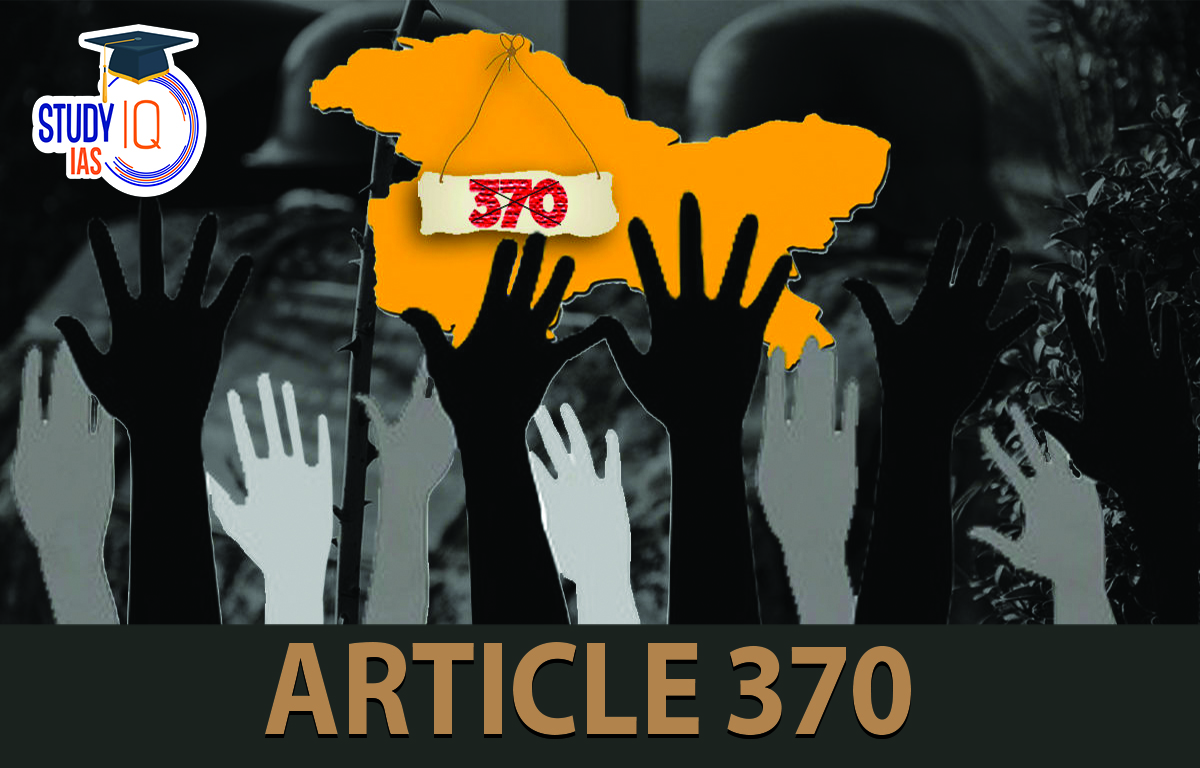
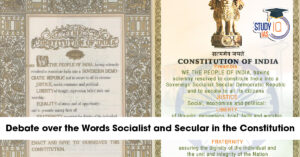 Indian Secularism: Constitutional Provis...
Indian Secularism: Constitutional Provis...
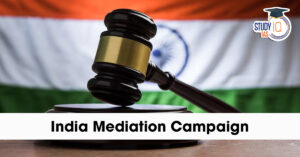 India Mediation Campaign, Objectives, Pr...
India Mediation Campaign, Objectives, Pr...
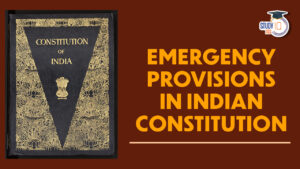 Emergency Provisions in Indian Constitut...
Emergency Provisions in Indian Constitut...


